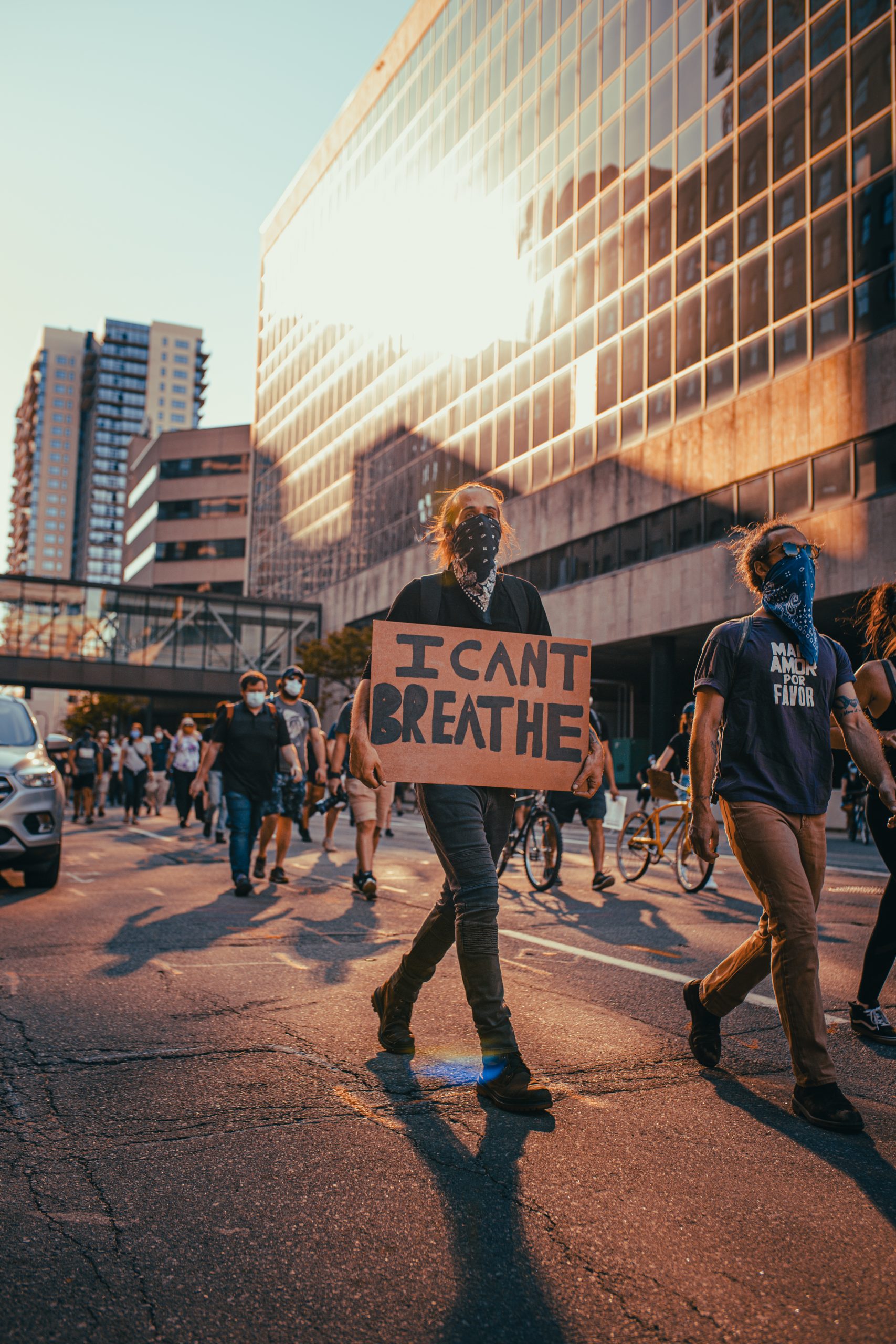In today’s society, it is crucial for businesses and their owners to have a comprehensive understanding of the complex legal landscape they operate in. One area of law that demands particular attention is criminal sanctions. Understanding the implications and potential consequences of criminal charges is essential to protecting the interests and reputation of your company. This article serves as a valuable resource to business owners, providing informative insights and addressing frequently asked questions about criminal sanctions. By consulting with a skilled lawyer who specializes in this area of law, you can navigate the intricate legal processes and safeguard your business’s future. Don’t hesitate to take the next step and seek the necessary assistance by calling the lawyer listed on this post.

Understanding Criminal Sanctions
Criminal sanctions are legal penalties imposed on individuals who have been found guilty of committing criminal offenses. These sanctions are designed to uphold the principles of justice, maintain law and order, and protect society from potential harm. By understanding the definition, purpose, and types of criminal sanctions, individuals can gain a comprehensive understanding of the consequences they may face if convicted of a crime.
1. Definition of Criminal Sanctions
Criminal sanctions refer to the legal consequences imposed on individuals who have been convicted of a crime. These sanctions can include incarceration, probation, fines, restitution, and community service. The purpose of criminal sanctions is to hold offenders accountable for their actions and deter future criminal behavior. They are an essential component of the criminal justice system and play a crucial role in maintaining a just and orderly society.
The implications of criminal sanctions can be significant, as they can have long-lasting effects on the lives of offenders. A criminal record can hinder employment prospects, limit educational opportunities, and damage personal relationships. It is crucial for individuals to understand the legal framework surrounding criminal sanctions to navigate these consequences effectively.
2. Purpose of Criminal Sanctions
The purpose of criminal sanctions can be broadly categorized into three main objectives: maintaining law and order, punishment for offenses, and prevention and deterrence of future crimes.
Maintaining Law and Order
Criminal sanctions serve to uphold the rule of law and ensure that individuals are held accountable for their actions. By punishing those who violate the law, criminal sanctions help maintain social order and protect the rights and safety of individuals within a community.
Punishment for Offenses
Criminal sanctions aim to administer appropriate punishment for criminal offenses. The severity of the punishment should be proportionate to the seriousness of the crime committed. By imposing penalties such as incarceration or fines, criminal sanctions aim to discourage individuals from engaging in criminal behavior in the future.
Prevention and Deterrence of Future Crimes
One of the key purposes of criminal sanctions is to prevent and deter future criminal activities. By experiencing the consequences of their actions, offenders are expected to recognize the negative impact of their behavior and refrain from engaging in criminal conduct in the future. The fear of potential sanctions also acts as a deterrent to individuals who may be tempted to commit crimes.
3. Types of Criminal Sanctions
Criminal sanctions can take various forms, depending on the nature of the offense and the legal jurisdiction. The most common types of criminal sanctions include incarceration, probation, fines, and restitution, as well as community service.
Incarceration
Incarceration involves the confinement of individuals convicted of crimes within correctional facilities, such as prisons or jails. The length of incarceration depends on the severity of the offense and can range from a few days to several years. Incarceration aims to remove offenders from society and prevent them from engaging in further criminal activities.
Probation
Probation is an alternative to incarceration, allowing individuals convicted of crimes to remain in the community while under close supervision. Probation typically involves specific terms and conditions, which may include regular check-ins with a probation officer, adhering to curfews, attending counseling programs, and refraining from illegal activities. Violating the terms of probation can result in further sanctions, including incarceration.
Fines and Restitution
Fines are monetary penalties imposed on individuals convicted of crimes. The amount of fines can vary depending on the severity of the offense and is determined by the legal framework of the jurisdiction. Restitution, on the other hand, requires offenders to compensate victims for any financial losses or damages caused by their criminal behavior. Fines and restitution aim to provide a form of economic punishment and compensate victims for their losses.
Community Service
Community service involves offenders carrying out specific tasks or projects that benefit the community. These tasks can include cleaning public spaces, assisting charitable organizations, or participating in educational programs. Community service serves as a way for offenders to make amends for their actions and contribute positively to society.

Consequences of Criminal Sanctions
The consequences of criminal sanctions can have a profound impact on individuals and the communities they are a part of. It is crucial to understand these consequences to fully comprehend the significance of criminal sanctions within the criminal justice system.
Impact on Individuals
Criminal sanctions can have a lasting impact on the lives of individuals who have been convicted of crimes. A criminal record can severely limit employment opportunities, hinder educational pursuits, and strain personal relationships. Reintegrating into society can be challenging for individuals with a criminal history, making rehabilitation and support crucial in helping them rebuild their lives.
Effect on Communities
Criminal sanctions impact not only individuals but also the communities they belong to. By holding offenders accountable for their actions, criminal sanctions help maintain a sense of security and trust within communities. Deterrence and prevention of future crimes contribute to the overall well-being and safety of community members.
Rehabilitation Opportunities
While the primary focus of criminal sanctions is punishment and deterrence, rehabilitation also plays a significant role. Offering rehabilitation programs, such as counseling, substance abuse treatment, and vocational training, can help offenders address the underlying issues that led to their criminal behavior. By providing opportunities for personal growth and development, rehabilitation aims to reduce recidivism rates and support the successful reintegration of individuals into society.
4. Incarceration
Incarceration is one of the most severe forms of criminal sanctions, involving the confinement of convicted individuals within correctional facilities. It serves as a means to separate offenders from society, ensure public safety, and provide punishment for their actions.
Explanation of Incarceration
Incarceration entails the physical confinement of convicted individuals within prisons or jails. Offenders are required to serve their sentences under strict supervision and adhere to the rules and regulations of the correctional facility. Incarceration aims to protect society from potential harm by removing offenders from the community.
Length of Incarceration
The length of incarceration varies depending on the severity of the crime committed and the legal framework of the jurisdiction. Some offenses may result in shorter sentences, such as a few days or months, while others may lead to longer periods of incarceration, ranging from several years to life imprisonment. The determination of the length of incarceration is typically made by the sentencing judge.
Types of Correctional Facilities
Correctional facilities can encompass various types of institutions, such as prisons, jails, penitentiaries, or correctional centers. The type of facility depends on factors such as the nature of the offense, the length of the sentence, and the security level required. Maximum-security prisons house individuals convicted of serious crimes, while minimum-security facilities typically house those convicted of non-violent offenses.
5. Probation
Probation is an alternative to incarceration, allowing individuals convicted of crimes to remain in the community while under close supervision. It is a privilege granted to offenders who have demonstrated the potential for rehabilitation and pose a minimal risk to society.
Definition of Probation
Probation refers to a period of court-ordered supervision during which offenders must comply with specific terms and conditions. Instead of being incarcerated, individuals are allowed to remain in the community while being closely monitored by a probation officer. The goal of probation is to provide rehabilitative support, ensure public safety, and reduce recidivism.
Terms and Conditions of Probation
Probation is subject to certain terms and conditions that offenders must adhere to. These may include regular check-ins with a probation officer, maintaining employment, attending counseling programs, abstaining from drug or alcohol use, and refraining from further criminal activity. Failure to comply with the terms of probation can result in probation violations and potential revocation of probation.
Probation Violations and Consequences
Violating the terms of probation can have serious consequences for individuals. If an offender fails to comply with the requirements of probation, such as missing check-ins, engaging in illegal activities, or violating other specific conditions, they may face a revocation of probation. This can result in the imposition of more severe sanctions, including incarceration.
6. Fines and Restitution
Fines and restitution are forms of monetary penalties imposed on individuals convicted of crimes. They serve as a means of economic punishment and aim to compensate victims for their losses.
Overview of Fines
Fines are financial penalties imposed on individuals found guilty of committing criminal offenses. The amount of fines can vary depending on the severity of the offense and the legal framework in place. Fines are typically determined by the sentencing judge and need to be paid within a specified timeframe.
Determining the Amount of Fines
The determination of the amount of fines takes into account various factors, including the nature of the offense, the financial status of the offender, and any economic harm caused to victims. The goal is to impose a penalty that is commensurate with the offense committed, while also considering the offender’s ability to pay.
Importance of Restitution
Restitution is a form of financial compensation that offenders may be required to pay to victims to compensate for any losses or damages incurred as a result of their criminal actions. Restitution aims to restore the victims to their pre-offense financial state and provide them with a sense of justice and closure. It is an essential component of criminal sanctions, as it holds offenders accountable for the harm they have caused.

7. Community Service
Community service is a form of criminal sanction that requires offenders to perform tasks or projects that benefit the community. It serves as a means for individuals to make amends for their actions and contribute positively to society.
Purpose and Benefits of Community Service
Community service aims to rehabilitate offenders, promote a sense of responsibility and accountability, and restore the harm caused by their criminal behavior. By engaging in meaningful tasks that benefit the community, individuals can develop valuable skills, gain a sense of purpose, and actively contribute to society.
Types of Community Service
Community service can encompass a wide range of activities, depending on the needs of the community and the skills of the offender. Tasks can include cleaning public spaces, assisting in community events, tutoring or mentoring, or participating in educational programs. The specific type of community service is typically determined by the sentencing judge or probation officer.
Extent of Community Service
The extent of community service required varies depending on the severity of the offense and the legal jurisdiction. Offenders may be required to complete a certain number of hours or a specific period of community service. The completion of community service is closely monitored to ensure compliance with the sentencing requirements.
Frequently Asked Questions about Criminal Sanctions
1. How long can a person be incarcerated for criminal offenses?
The length of incarceration for criminal offenses varies depending on the severity of the offense committed and the legal framework of the jurisdiction. Some crimes may result in shorter sentences, such as a few days or months, while others may lead to longer periods of incarceration, ranging from several years to life imprisonment.
2. Can probation be a substitute for incarceration?
Yes, probation can be an alternative to incarceration, allowing individuals convicted of crimes to remain in the community under close supervision. It is typically granted to offenders who pose a minimal risk to society and have demonstrated the potential for rehabilitation.
3. What factors determine the amount of fines imposed?
The amount of fines imposed on individuals convicted of crimes takes into account various factors, including the severity of the offense, the financial status of the offender, and any economic harm caused to victims. The goal is to impose a penalty that is proportionate to the offense committed, while also considering the offender’s ability to pay.
4. How can community service benefit both the offender and the community?
Community service provides an opportunity for offenders to make amends for their actions, develop valuable skills, and contribute positively to society. By engaging in meaningful tasks that benefit the community, offenders can gain a sense of purpose and responsibility. Additionally, community service helps address the needs of the community and promotes a sense of unity and collective responsibility.
5. What types of rehabilitation programs are available for offenders?
Various rehabilitation programs are available for offenders, aimed at addressing underlying issues that contribute to criminal behavior. These programs may include counseling, substance abuse treatment, vocational training, and educational programs. The goal of rehabilitation is to support individuals in their personal growth, promote successful reintegration into society, and reduce recidivism rates.



